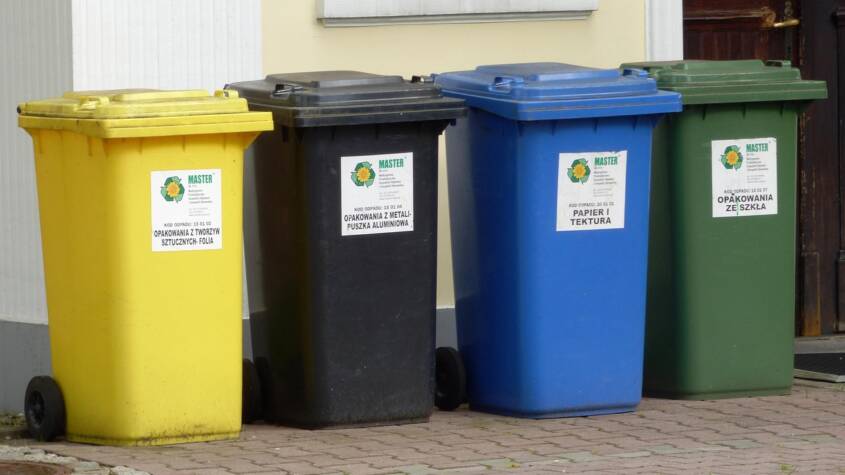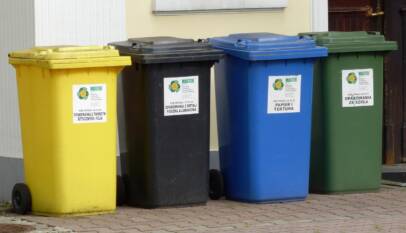
Recycling dropoff locations play a crucial role in promoting sustainability and reducing waste. These facilities allow individuals to dispose of recyclable materials conveniently, ensuring they are processed correctly instead of ending up in landfills. As communities become more aware of their environmental impact, understanding where and how to recycle becomes essential for responsible waste management.
Many cities offer designated drop-off sites that accept a variety of recyclable materials, including paper, plastics, metals, and glass. These locations often operate with specific guidelines to help residents know what can and cannot be recycled. Knowing the specifics can enhance community participation and ensure that recyclables contribute to a healthier planet.
Engaging with local recycling initiatives not only supports environmental efforts but also fosters a sense of community responsibility. By utilizing drop-off sites, individuals can take actionable steps toward reducing their ecological footprint and promoting a cleaner environment for future generations.
Understanding Recycling Drop Off
Recycling drop-off centers serve a vital role in waste management by providing convenient ways for individuals to dispose of recyclable materials. These centers help improve recycling rates and ensure proper processing of waste.
The Purpose of Recycling Drop-Off Centers
Recycling drop-off centers are designed to facilitate the collection of recyclable materials from the community. They provide an accessible option for individuals who may not have curbside pickup services.
These centers help to reduce contamination in recycling streams. When residents utilize these facilities, it ensures that materials are sorted correctly, maximizing the quality of the recycled products.
Drop-off locations also promote awareness about sustainable practices. They encourage community members to adopt environmentally friendly habits, contributing to a healthier planet.
Types of Recyclable Materials Accepted
Recycling drop-off centers typically accept a wide range of materials. Common items include:
- Plastics: Containers marked with recycling symbols #1 (PETE) and #2 (HDPE) are widely accepted.
- Metals:Aluminum cans and tin cans are standard recyclables.
- Paper products: Newspapers, cardboard, and office paper can often be recycled.
Many centers have specific guidelines regarding the condition of the materials. Clean and dry items are preferred to prevent contamination. Some locations might accept additional items, such as electronics or glass, depending on their capabilities.
It is essential for users to check local regulations to ensure proper disposal of their recyclables.
Locating Recycling Drop Off Centers
Identifying recycling drop-off centers is essential for effective waste management. Communities and private organizations play critical roles in providing accessible locations.
Community Recycling Programs
Local governments typically run community recycling programs to facilitate proper waste disposal. These programs may include designated drop-off centers located in convenient areas, such as parks or municipal buildings.
Residents can check their city’s official website for information on these locations. Many programs provide a list of accepted materials, ensuring that individuals know what items can be recycled. Regular events, like community clean-up days, often feature additional drop-off opportunities.
Another valuable resource is local libraries, which frequently serve as information hubs for residents. They may also offer pamphlets or maps showing nearby recycling locations.
Private Sector Involvement
Private companies frequently partner with local governments to enhance recycling efforts. Businesses, especially those focused on sustainability, may foster drop-off centers at their locations.
Some retailers offer recycling bins for specific materials like electronic waste or batteries. These drop-off points often provide convenience to consumers who are already visiting the store.
Additionally, companies may hold special recycling days, where residents can bring a wide range of recyclable items. Checking business websites or contacting them directly can yield information on such initiatives.
Networking with local environmental groups can also lead to discovering private sector drop-off locations. These organizations often have the latest updates on recycling efforts in the community.
House for Sale at Mississauga: Top Listings and Market Insights
Many buyers are interested in finding a house for sale in Mississauga due to its diverse n…









